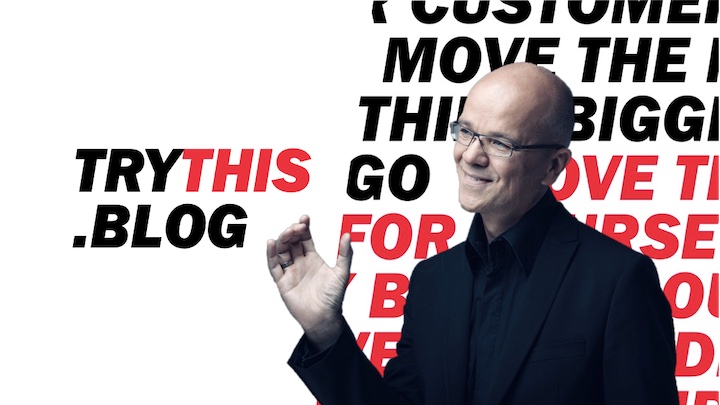In a marketing team, trust is the foundation for everything. No matter how good your team’s marketing skills are, they won’t make a dent in the market unless people give their best and take some risks. The condition required? Trust! Trust doesn’t happen automatically. Building it takes a conscious effort—by you (from my cmo.com column).
“To be trusted is a greater compliment than being loved,” – George MacDonald.
Team trust is key. You need it, so your team will dare to take risks. You also need trust because you want people to be candid. In all organisations, people hide problems from their bosses and the bosses underestimate the extent to which that happens—despite doing exactly the same with their own bosses. “The toughest thing in my role is that people don’t dare to tell me things anymore,” says former Ford CMO Jim Farley. You want people in your team to bring forward ideas and to take the initiative. But you also want them to reach out to you when they face issues, to avoid nasty surprises and to help them find solutions as soon as possible. Trust is crucial.
Who do you trust? Why do you trust them? Let’s use a simple equation to explain how trust works (you may have seen it before). It suggests that, to trust someone as a leader, you first need proof of their professionalism (expertise, reliability, etc.). But professionalism alone is not enough to build trust. You need to know a little more about that person as well (intimacy). Finally, you’d lose trust in that leader if they showed lots of ego. In other words, the trust you build through your professionalism and intimacy gets divided by your ego. It’s that simple.
Let’s look at some practical ways for you to build trust within your team, focusing on the three elements in the trust equation:
Foster Professionalism In Your Team
Obviously, you expect professionalism from every marketing team member (and they expect it from you). Everybody is the role model. If you miss deadlines or come in late, so may others. Make sure you:
- Keep your promises. That, or don’t make them. Apologise if you do fail to keep one.
- Follow the rules. Visibly adhere to company policies on expenses, confidentiality, equality, bullying and harassment, health and safety, and so on. You need to be pedantic and boring about this. You may think violating rules makes you cool—in reality it will erode people’s trust in you.
- Don’t pretend to know everything—you don’t, and everybody knows that. If someone knows more, celebrate them. Add value by asking wider questions like, “What are the limitations?” “How can we do this even better?” More often, admit if you don’t know something. Instead say: “Great question, I need to find out.”
Foster Intimacy
Can people on your team speak openly about their challenges and weaknesses? Can they easily ask for help? Teams reaching this level of openness and intimacy are the most productive. Leaders who are willing to talk about their weaknesses create intimacy and also higher trust within the team. But talking about weaknesses isn’t easy. What can you do about it?
- At the most basic level, share small personal things within the team; your family, your hobbies, your last holiday, etc.
- Ask for help. Say things like: “Here’s the plan, but these details about XYZ aren’t my strong suit. Can you help me?”
- Share what you’re good at as well as what you’re not good at. Michelle Peluso, former CEO of online shopping site Gilt, shared her 360-degree assessments with her team and asked for help.
- Trust-building workshops with professional coaches are good ways of helping people better understand themselves and their colleagues.
Again: lead from the front. As the leader you must open up first. Once you reveal more about your own weaknesses, you give others license to do the same.
Fight Your Ego
People pick up immediately on a leader’s rampant ego. Ego is a trust-killer. Here are other examples that will show your team it’s not all about you and your ego:
- Make your corner office a team room.
- Let other people present in important meetings, including to your boss.
- Back people up in a crisis.
- Stick to reasonable call times, especially for people in other time zones.
- When you receive praise about the team’s work, pass it on to the team itself.
Great leaders make sure their teams can shine. When Tim Cook was giving the closing keynote at Apple’s big product event in the fall of 2015, he asked all the Apple team members in the hall to stand. In front of the large audience, and with millions of viewers online, Tim said it was a privilege to work with people who worked so hard making other’s lives better. You can’t put a value on that.
Next time you walk into your office, ask yourself: “How much trust is there in my team? How can I build more trust today through my professionalism, my intimacy—and less of my ego?


